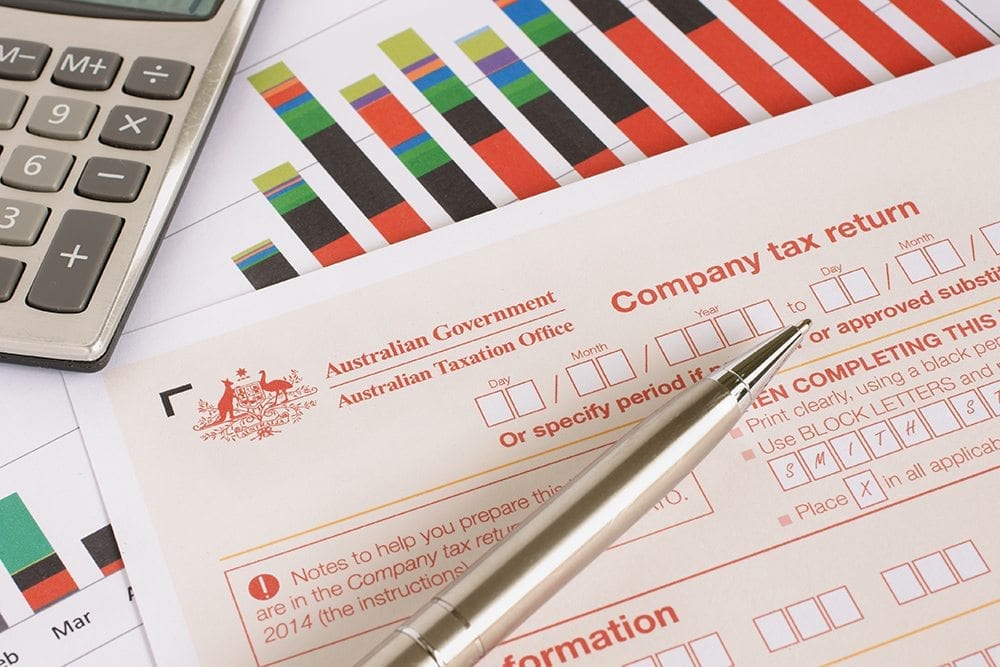
As July is now here, so it’s time you check the current state of your finances today, and where you’d like to be in the next 12 months.
You might want to consider these tips if you’re getting your house in order—and want to get the most of out of the tax period.
Maximize Deductions.
Investment property owners may want to undertake the repairs and minor works on their property and claim the expenses for the same this financial year. This should help you maximize your investment returns. Including a fire alarm inspection on your list should also do you good. Not only will you be able to tick this off on your maintenance list; you can also claim it as a part of your expenses.
You should also gather receipts for repairs, insurance, building work, rates and water, and body corporate levies from your property manager incurred within the year.
Consider Depreciation.
It is important to note that your property depreciates over time. Make a depreciation schedule for your building, and claim it as a tax deduction. Your property wear and tear over time; and The Australian Tax Office (ATO) allows property owners and investors to claim it as a tax deduction.
Review Expenses.
For self-employed individuals, reviewing your overhead costs and expenditures is important. You can review the areas where you can cut on costs and save money. Talking to a financial professional about your loan interests and other commitments can also help you identify some means to save.
Pay Ahead of Time.
Financial advisors and accountants can also help you figure out how you can pay your expenses before they fall due. For instance, paying your Superannuation guarantee payments ahead of time, along with your equipment and stationery materials, allows you to claim these items this financial year to offset profits.
Planning for Investment.
Self-employed individuals may also take advantage of the changing impression of lenders about them; thus, buying a new property or investing is one could be easier. At this point though, it’s important to plan and understand your figures early on.
Committing to good financial habits today can help you achieve your financial goals next year. Setting yourself up for 2015’s tax time is easy when you start now.
Here’s some effective ways to maximize your tax return for next year:
- If you’re planning to buy a property this year, see how much you can borrow and the deposit you need to have so you can start saving up.
- File and keep receipts and invoices to record as a part of your deductible expenses.
- If you are currently paying off a mortgage, you should review your payments and see if there are opportunities for you to save money on the same. For instance, you can check if there are better interest rates out there or see if there are features you do not use but actually pay for.
No matter what your financial goals are, it’s important to start early on. Set your eyes on your goal as to where you want to be in 12 months’ time—financial-wise. Whether it’s paying off a credit card debt to investing in a new property, finding ways to understand your financial conditions and options is important. Talking to a financial advisor should also help you plan on and achieve your goals too.







